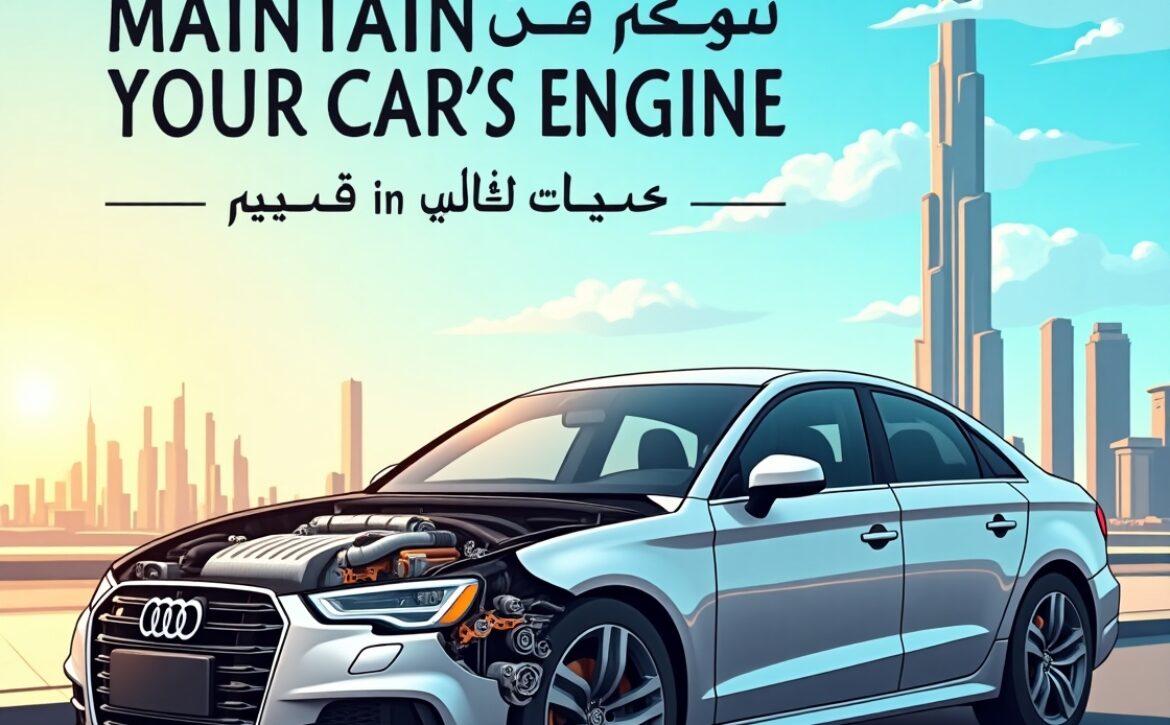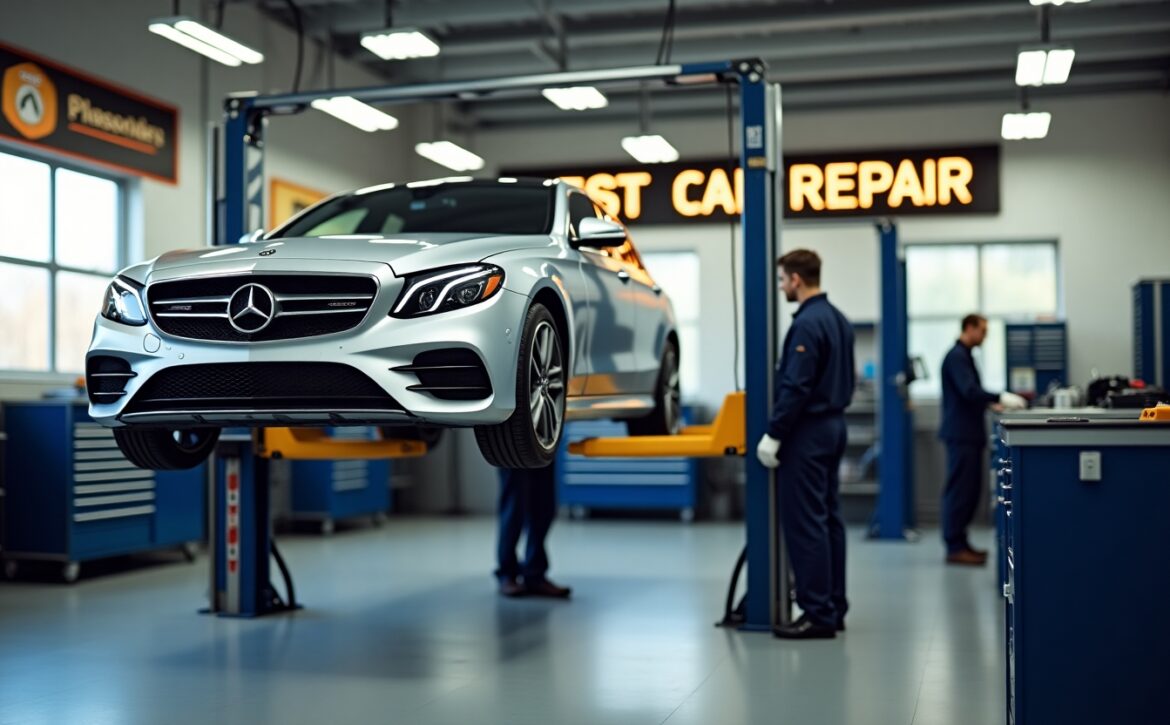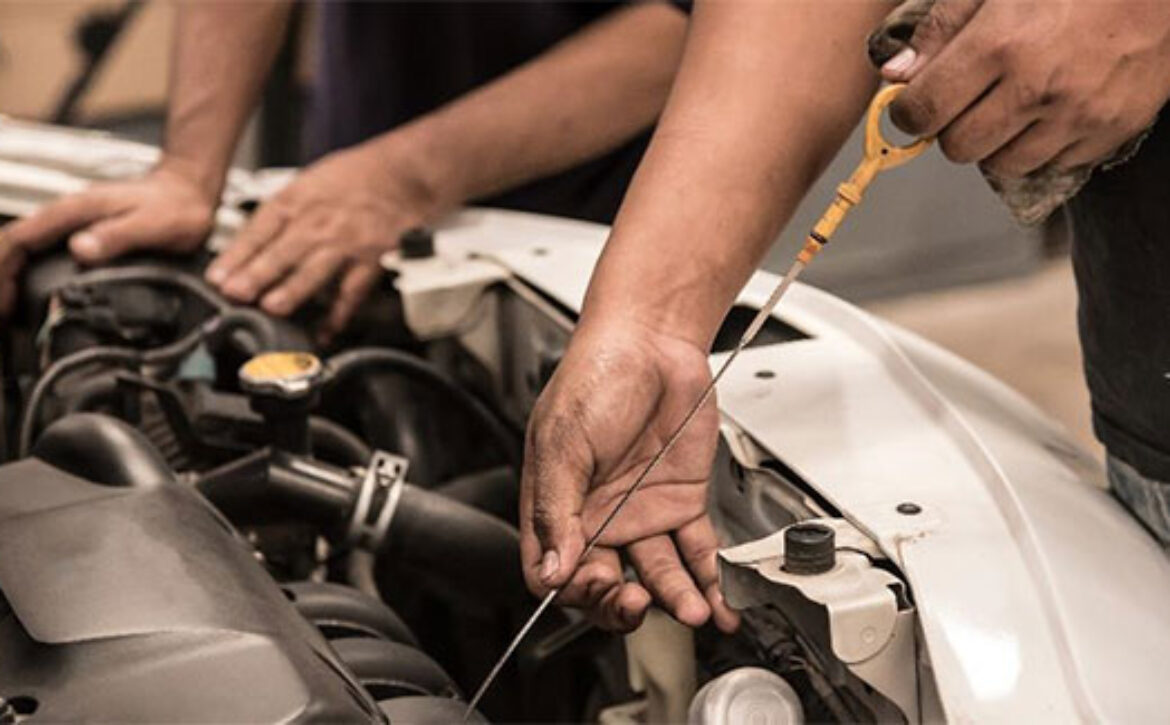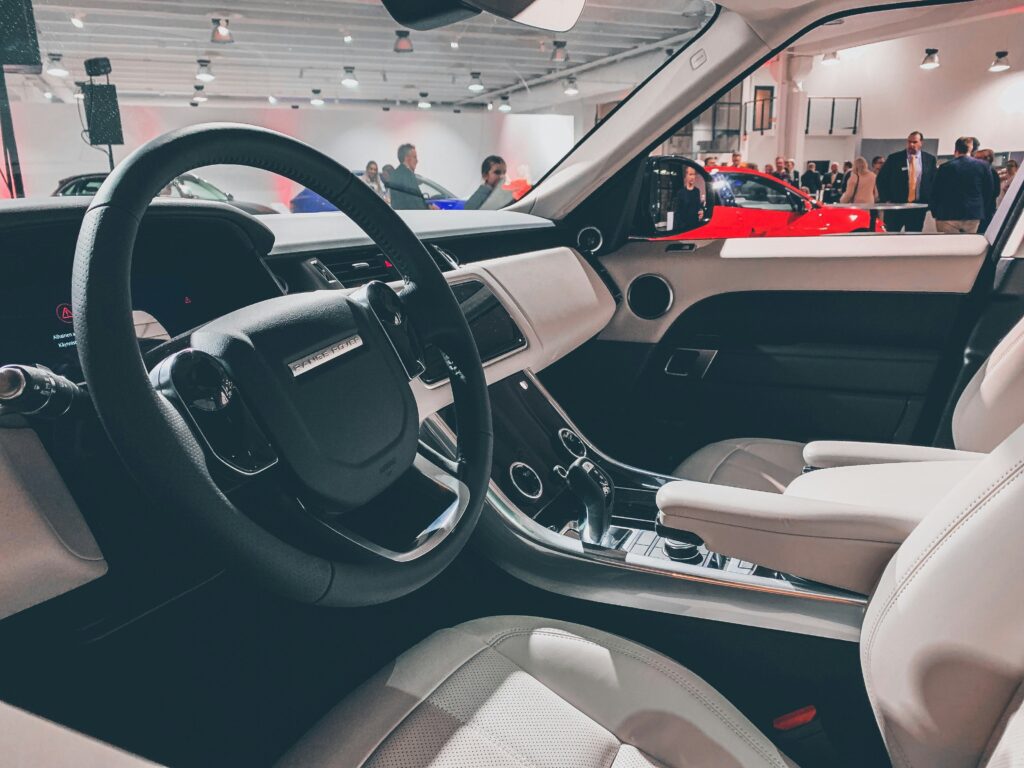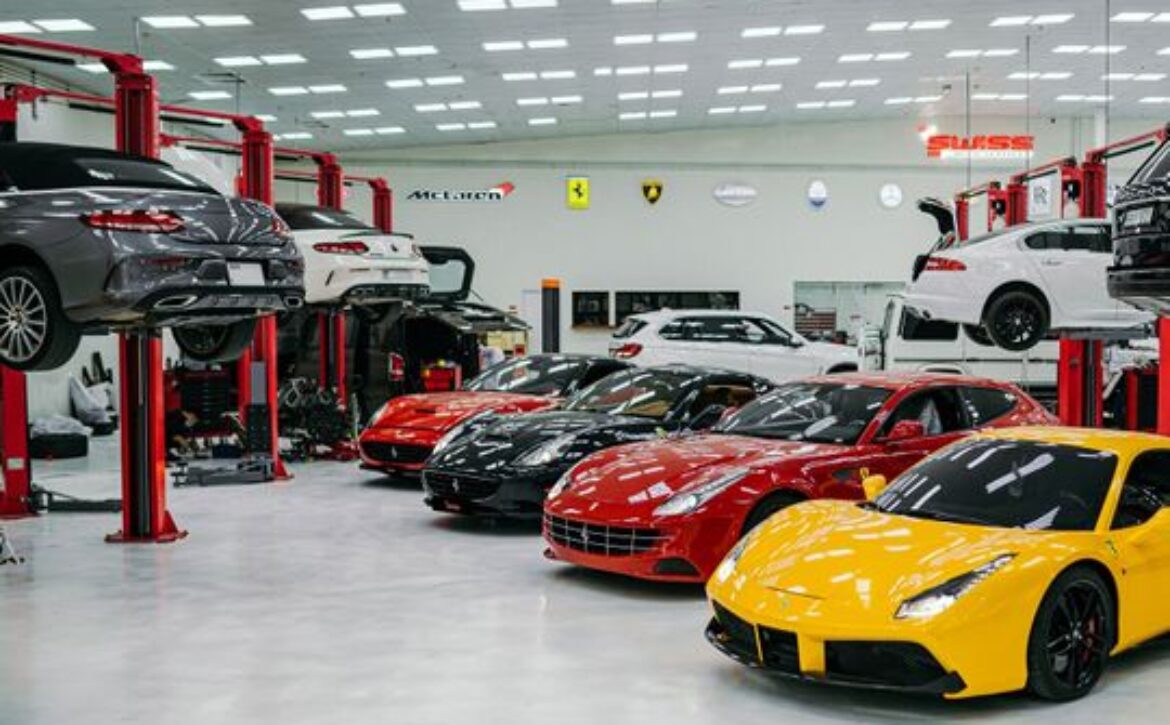How to Maintain Your Car’s Engine for Peak Performance in Dubai’s Climate
Introduction
Dubai’s scorching heat and frequent sandstorms can take a toll on your car’s engine. If you want to keep your vehicle running smoothly, regular maintenance is key. Ignoring engine care in such extreme conditions can lead to breakdowns, costly repairs, and even engine failure. In this guide, we’ll cover everything you need to know about maintaining your car’s engine for peak performance in Dubai’s climate.
Understanding Dubai’s Harsh Climate
Dubai experiences intense heat, sometimes exceeding 50°C in the summer. These high temperatures can cause engine components to overheat and degrade faster. Additionally, frequent sandstorms introduce fine particles that can clog air filters and damage internal engine parts. The combination of heat, dust, and humidity makes regular engine maintenance a necessity.
Regular Oil Changes: The Key to a Healthy Engine
Engine oil lubricates moving parts and prevents excessive wear. In Dubai’s climate, conventional oil breaks down faster, making synthetic oil a better choice. Change your oil every 5,000–7,000 km or as recommended by your car manufacturer.
Cooling System Maintenance
An efficient cooling system prevents overheating. Ensure that your radiator is in good condition and use high-quality coolant designed for extreme heat. Check coolant levels regularly and flush the system at least once a year to prevent buildup.
Air Filter Maintenance in Dusty Conditions
Dubai’s sandstorms clog air filters faster than in normal conditions. A clogged air filter restricts airflow, reducing engine efficiency. Clean your air filter every 5,000 km and replace it every 15,000 km to maintain optimal performance.
Battery Care in High Temperatures
Car batteries deteriorate faster in extreme heat. Regularly check battery fluid levels and watch for signs of a weak battery, such as slow starts or dim lights. Consider replacing your battery every 2–3 years to avoid sudden failures.
Fuel System Maintenance for Maximum Efficiency
Heat can cause fuel to evaporate faster, reducing efficiency. Use premium fuel to prevent engine knocking and keep your fuel injectors clean with professional servicing.
Spark Plug and Ignition System Maintenance
Worn-out spark plugs cause misfires and reduced fuel efficiency. Check your spark plugs every 30,000 km and replace them if necessary to ensure smooth engine performance.
Inspecting Belts and Hoses Regularly
Rubber parts wear out quickly in hot climates. Look for cracks and leaks in belts and hoses. Replace them every 50,000 km or sooner if they show signs of damage.
Keeping an Eye on Engine Warning Lights
Ignoring warning lights can lead to major engine problems. If your check engine light comes on, get your car inspected immediately.
Regular Engine Tune-Ups for Longevity
Routine tune-ups improve fuel efficiency and extend engine life. Get a professional engine tune-up every 20,000 km.
Using the Right Coolant and Lubricants
Use high-performance synthetic lubricants to protect against heat damage. The right coolant prevents overheating and extends the lifespan of engine components.
Protecting Your Engine from Sand and Dust
Regular engine bay cleaning and installing protective covers help prevent sand buildup in sensitive parts.
Parking Tips to Protect Your Engine
Park in shaded areas or use a reflective windshield cover to minimize heat exposure and reduce strain on your engine.
Choosing the Right Auto Repair Garage in Dubai
For expert service, visit a reputable garage in Al Quoz. Al Barq Auto is one of the best choices for engine maintenance in Dubai.
Conclusion
Maintaining your car’s engine in Dubai requires extra attention due to the extreme climate. Regular oil changes, cooling system maintenance, and air filter replacements are essential. By following these tips, you can extend your engine’s lifespan and avoid costly repairs.







